
Rebecca Luyre at the Hartford Courant reported the cancellation of a HUD Section 8 contract for affordable housing at aging buildings named Barbour Gardens in that city in Connecticut.
“Protests over the dismal living conditions at a North End apartment complex have cut short the federal government’s $750,000-a-year contract with an absentee landlord, a win for Hartford residents campaigning against slumlords’ grip on city housing,” wrote Luyre for the Courant.
It is a tale that goes well beyond Hartford, CT. In cities and towns across America, there are multifamily and other properties that are marginal or poor in quality, but still get federal or other funding.
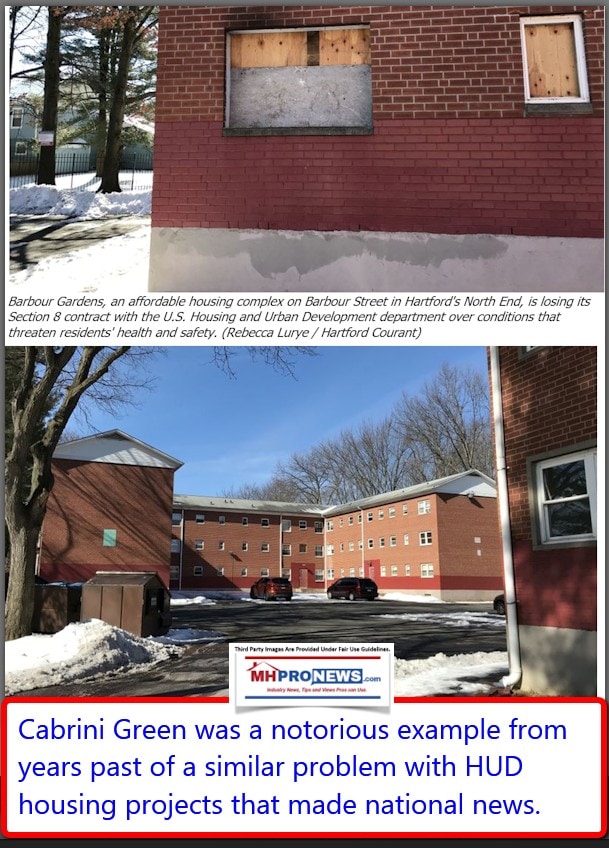
This tragic tale should stir questions for our industry’s professionals and investors like those that follow.
- Does this case highlight numerous possible opportunities to profitably correct such wrongs with modern manufactured homes?
- Why couldn’t investors and manufactured home professionals team up to replace such horrible projects?
- Wouldn’t the costs often be lower using brand new manufactured homes than it would be for rehabbing aging properties, with the returns coming more rapidly, and with higher ROI?
Depending on the property or configuration of a given site, multilevel and/or single-family manufactured home living could be offered vs. remodeled apartments. Given that HUD also overseas manufactured housing, which enjoys “enhanced preemption,” aren’t the woes that HUD and the public cited in Luyre’s report – linked here – yet another reason why modern federally certified manufactured home sales ought to be soaring?
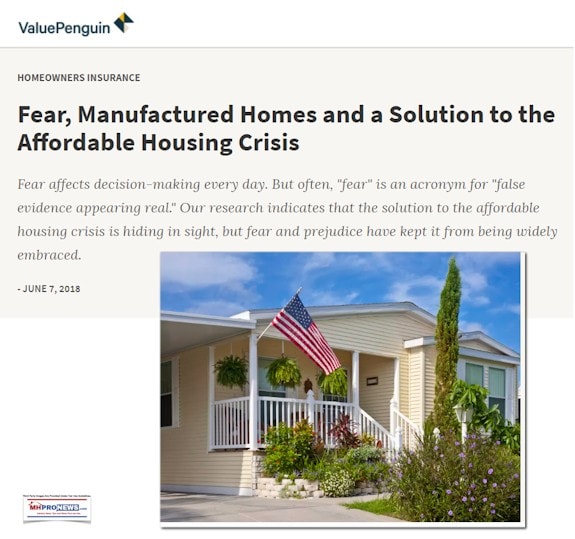
Hartford Woes… “Appalled”
This is reportedly the third time in a year in Hartford that “affordable housing” was found to be substandard, and HUD pulled a contract for the federal agency’s support.

McCarthy is the founder and president of Heritage Housing Inc., based in Norwalk, CT.
According to that firm’s website, “David R. McCarthy founded Heritage Housing, Inc. in 2017 and serves as its President. David has thirteen years of experience in real estate development and acquisitions with a specialty in affordable housing. David developed or preserved over 1,000 units of affordable housing prior to founding Heritage Housing, Inc. and worked on projects that ranged from 10 to 400 units and from $3 million to $100 million. He is deeply familiar with 9% and 4% Low-Income Housing Tax Credits; tax-exempt bond financing; HUD Project-Based Section 8 programs and Section 236, Section 221(d)4, and Section 223(f) financing; public housing authority Project-Based Voucher and RAD programs; and HOME / state funding programs. He has worked on projects in Connecticut, New Jersey, Michigan, and West Virginia.”
Clearly, this scenario reflects the multibillion dollar potential market factory-built housing professionals are leaving largely untapped. The opportunities for uses of modern manufactured homes go well beyond what is now routinely at play.
Not unrelated, an industry community owner/operator told MHProNews that in their view, the largest competitor to manufactured homes are subsidized rental housing units.
The Courant states that McCarthy had been in talks with HUD, the city of Hartford, and the Barbour Street property’s owner – ADAR Hartford Realty, LLC – since November about buying the 1960s-era brick façade buildings. The plan was to invest more than $7.5 million in renovations. How many HUD Code manufactured homes could be purchased and permanently installed in that city for those sums?
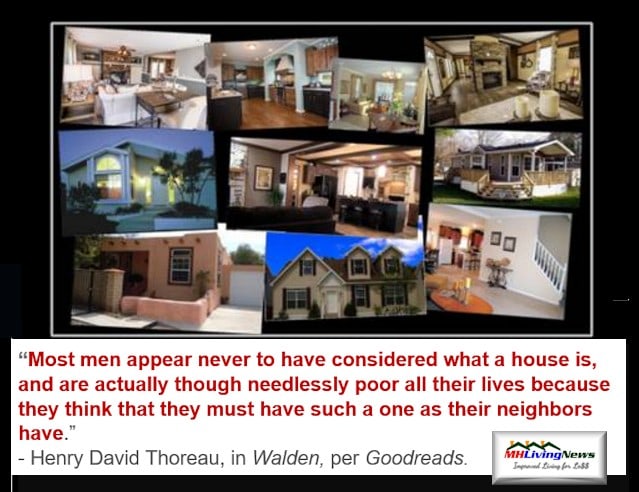
That Barbour Gardens apartment was described as a “mold- and vermin-ridden complex” that has 84 units for low-income residents.
The conditions became so bad that residents turned to a local church and organized to protest.
“Barbour Gardens’ residents-turned-activists rallied around HUD’s decision at a news conference at Urban Hope Refuge Church. They organized last year with support from church pastor A.J. Johnson and his colleagues at the Christian Activities Council, a city nonprofit,” wrote Luyre.
Pastor Johnson said residents “…demand accountability from HUD for the devastation caused to the residents and to the community at large, as the scandal of warehousing the poor and segregated communities has clearly come to light.”
Hartford is Far From Alone
That phrase from Johnson rings familiar with those Daily Business News on MHProNews readers who recall how actively retired Rev. Donald Tye, Jr. had blasted the warehousing of people like cattle in such projects.
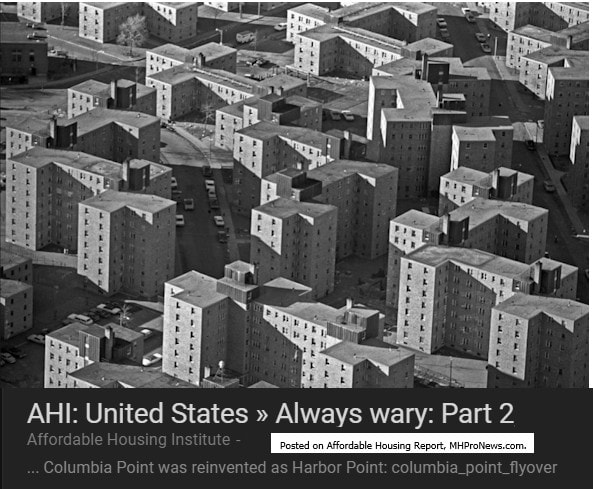
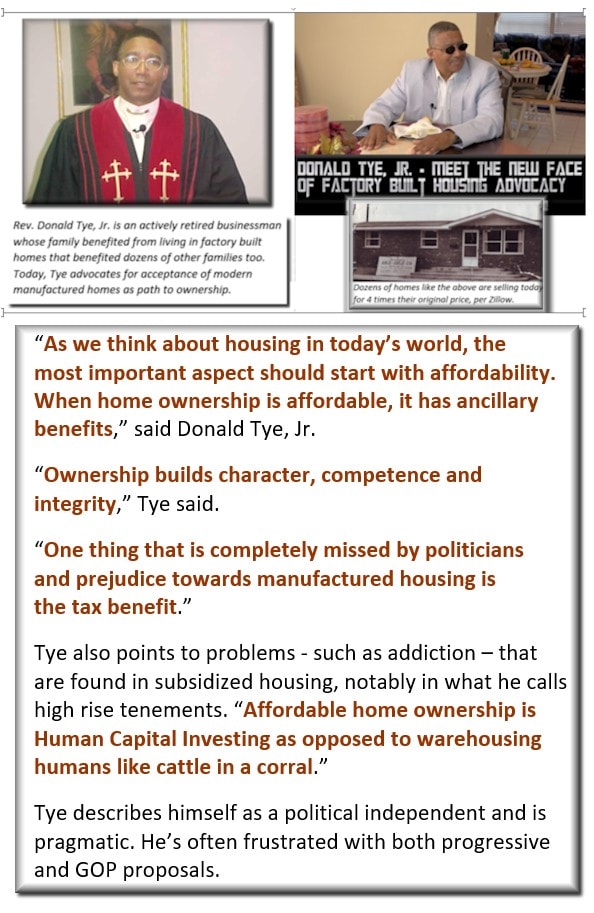

Put differently, this sad saga in Hartford has been an ongoing issue with a number of public housing projects for decades. It’s an issue that spans Democratic and Republican administrations. The scenario described by Lurye’s report could well be playing out in one or more locations not far from you. Which again begs the question, how can the HUD Code industry’s so-called leaders not see the many paths for growth that are available?

It is arguably one more reason that the Arlington, VA based Manufactured Housing Institute (MHI) has failed not only the industry’s independents, but also hundreds of thousands of Americans like those who are trapped in such poor circumstances as the Hartford Courant described. It is why #HousingChoice should become part of the industry’s mantra.
Barbour Gardens in Hartford – and any other cases like it elsewhere – are examples why a post-production association – and/or enterprising investors with an informed attorney and manufactured housing professionals in tow – could tap into numerous possible ways of profitably improving people’s lives.
You can learn more from the related reports, following the byline, consulting, professional services, notices and disclaimers below.
That’s this Saturday’s “News through the lens of manufactured homes, and factory-built housing” © where “We Provide, You Decide.” © ## (News, analysis, and commentary.)
NOTICE: You can get our ‘read-hot’ industry-leading emailed headline news updates, at this link here. You can join the scores who follow us on Twitter at this link. Connect on LinkedIn here.
NOTICE 2: Readers have periodically reported that they are getting a better experience when reading MHProNews on the Microsoft Edge, or Apple Safari browser than with Google’s Chrome browser. Chrome reportedly manipulates the content of a page more than the other two.
(Related Reports are further below. Third-party images and content are provided under fair use guidelines.)
1) To sign up in seconds for our MH Industry leading emailed news updates, click here.

2) To pro-vide a News Tips and/or Commentary, click the link to the left. Please note if comments are on-or-off the record, thank you.
3) Marketing, Web, Video, Consulting, Recruiting and Training Re-sources

Related Reports:
You can click on the image/text boxes to learn more about that topic.
Affirmatively Furthering Fair Housing, a Novel Yet Proven Solution to the Affordable Housing Crisis That Will Create Opportunities, Based Upon Existing Laws – manufacturedhomelivingnews.com
Affordable quality housing is one of the most critical issues of our time. So too is affordable home ownership, which should be the ideal goal over rental housing. A challenge is zoning and land use, which is highly politicized, and thus is often misunderstood. What follows is adapted from the comments letter addressed as shown below.
MHI CEO Dick Jennison’s Pledge – 500,000 New Manufactured Home Shipments
Bridging Gap$, Affordable Housing Solution Yields Higher Pay, More Wealth, But Corrupt, Rigged Billionaire’s Moat is Barrier – manufacturedhomelivingnews.com
America woke up today to division. But perhaps 75 percent (+/-) of the nation’s people could come together on a plan that demonstrably could do the following. Increase the U.S. Gross Domestic Product (GDP) by some $2 Trillion Annually, without new federal spending.
MHARR Recommending Independent Collective Representation for Post-Production
Washington, D.C., November 15, 2017 – The Board of Directors of the Manufactured Housing Association for Regulatory Reform (MHARR) has authorized the public release of a comprehensive internal study by the Association of the past, present and future representation of the post-production sector (PPS) of the federally-regulated manufactured housing industry.
“The Illusion of Motion Versus Real-World Challenges” | Manufactured Housing Association Regulatory Reform
Motion – or, more accurately, activity – in and of itself, is not necessarily synonymous with, or equivalent to, realprogress, or, in fact, any progress at all.
“TIME TO ENFORCE THE LAW ON FEDERAL PREEMPTION”
While a discussion of federal preemption may lead eyes to glaze-over in some quarters, a consistent and logical approach to preemption – that is fully consistent with the law as it exists today – is vitally important to the manufactured housing industry and, even more so, to consumers of affordable housing.

























